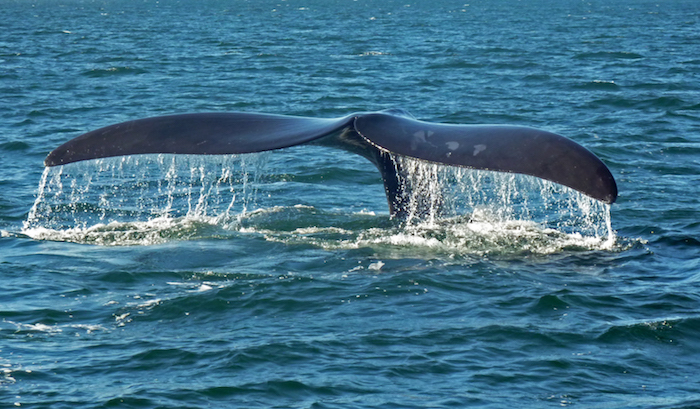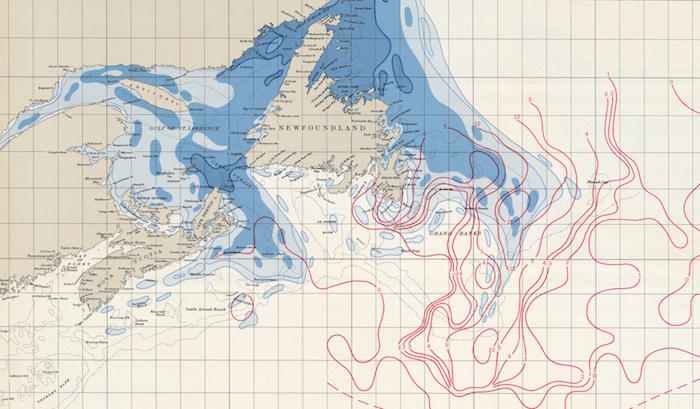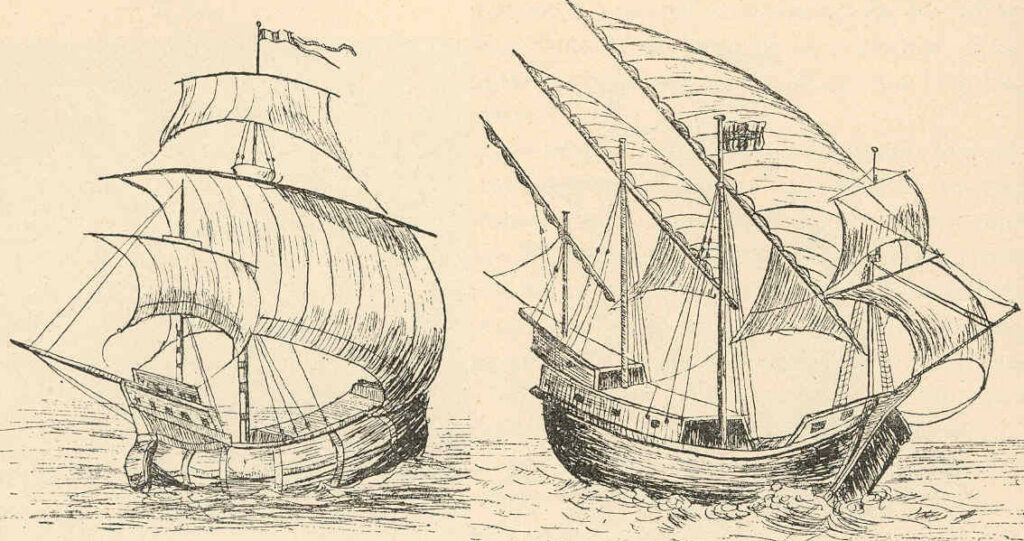In the high Middle Ages, the Basques – an insular people of western Europe – quietly experienced an economic miracle. Basque fishermen brought huge quantities of preserved cod and whale meat from secret fishing grounds somewhere in the Atlantic. As Basque communities prospered, the rest of Europe scratched its head. Figuring out where the Basques were getting their catch is great inspiration for an adventure!

Image credit: Dr.Haus. Released under a Creative Commons Attribution-Share Alike 3.0 Unported license.
The Basque homeland straddles the western part of the mountainous border between France and Spain. They’ve lived there as far back as records go (Caesar calls them ‘Aquitanian Gauls’) and they famously speak a language that’s related to no other existing tongue. The language is still used; hundreds of books are published in Basque every year. In an increasingly homogenous Europe, the Basques have held on to their unique identity.
In the Middle Ages, many Basques were seafarers and fishermen on the Bay of Biscay. Their exports of salted fish and whale did particularly well in this era of Catholic dietary restrictions. Meat was forbidden on Fridays, the 40 days of Lent, and innumerable saints’ days, but fish was always permitted. In an era before refrigeration, Basque salted fish and whale could travel across Europe without spoiling. Cod took especially well to salting, because it is almost fat-free, and so could last even longer. For many who lived far from the coast, cheap Basque salted cod was the only fish they could get to eat on holy days. And the Basques grew rich!

Image credit: Patrick Gijsbers. Released under a Creative Commons Attribution-Share Alike 3.0 Unported license.
But this wealth provoked a mystery. Cod is present in the Bay of Biscay, but the Basques were bringing in way too much to only be fishing their own waters. There was cod off the coasts of Iceland and Britain, in the North Sea, and in other cold seas, but few fishermen spotted Basque ships there. The Basques were bringing in cod and whale by the ton, and no one knew where they were getting it! Some Breton fishermen even tried following the Basque fleets, but to no avail.
So where were the Basques going? There’s some decent circumstantial evidence that they were headed to the Grand Banks and the Georges Bank, off the American coast stretching from Massachusetts to Newfoundland. These are one of the greatest fishing grounds in the world for cod and whale. But solid documentation of Basque fishing and whaling fleets off the eastern seaboard only begins with the arrival of more traditional European explorers in the early 16th century. In some cases, these ‘explorers’ arrived to find the Basque fleets already present. But that doesn’t prove the Basques were in and around North America in the Middle Ages, and we’ll probably never know for sure where those Medieval Basque ships were going.

There’s a wonderful plot hook here: finding the secret Basque fishing grounds! The PCs must learn the language of whatever group will take the place of the Basques in your fictional campaign setting, infiltrate a crew, and sail with them to the place where they work. If the PCs are discovered partway through the adventure, they’ll be outnumbered and in the middle of the ocean. If thrown overboard, their bodies will never be found.
For added fun, play with the language element of the adventure. Tell your players that you’re keeping a list of common words behind your GM’s screen that are hard to say in Basque. If the players say them, they’re sure to mispronounce them and arouse suspicion from the crew. The players would be smart to stick to words they’ve already used safely, which is really hard! If you want, they can try to make a check to suss out some of the words on the list, but keep the overall list secret. An example list might include words like ‘rain’, ‘climb’, ’house’, ‘under’, ‘food’, and ’fast’.
Finally, what will the effects of the party’s ‘discovery’ be? In the real world, whale fisheries collapsed in the 20th century. It’s frankly a wonder humpback and right whales still exist. And the Grand Banks/Georges Bank cod fishery abruptly collapsed in 1993 from overfishing. Thanks to climate change, it might never recover. If your campaign setting is high-tech (or magitech) enough to annihilate the fishery your PCs exposed, their actions might strip your Basque-analogues of their livelihood just like New England and Canadian fishermen were stripped of theirs.

Sources:
Cod by Mark Kurlansky (1997)
With a dose of cold water from the Canadian Museum of History arguing against Kurlansky’s strong claim of the Basque discovery of North America.






